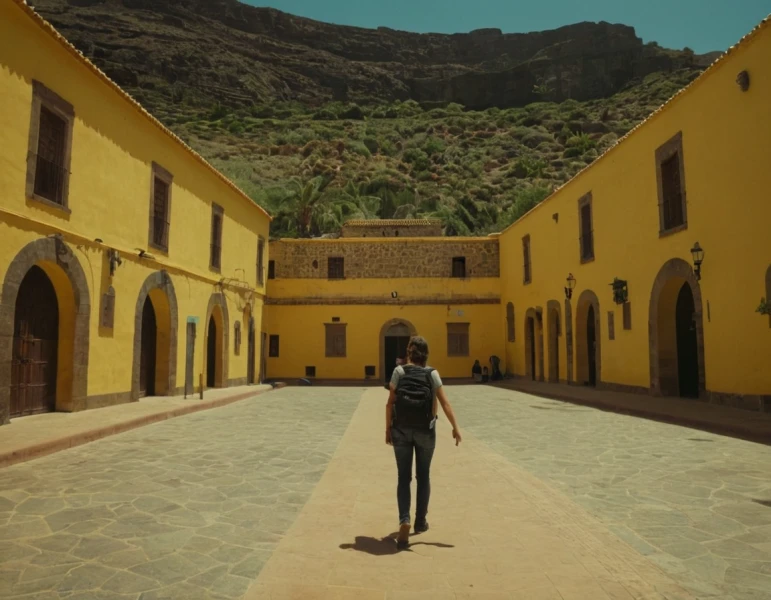Educa UNIVERSITY|EDUCATION
Education in the Government of the Canary Islands: Experience and Personal Analysis
Related Masters
Education in the Government of the Canary Islands: Experience and Personal Analysis
To talk about the educational system of the Canary Islands Government is to dive into a subject that has accompanied me throughout my life. I have been both a student and an observer, living up close the changes, improvements and difficulties that have shaped education in these islands.
From the point of view of someone who has experienced this system, I can affirm that education in the Canary Islands is not only a matter of public policy, but of social, economic and cultural realities. Below, I will break down how this system works, its challenges and how it has evolved over time, always from the perspective of one who has experienced it firsthand.
The Context of the Canarian Education System

To understand the Canarian education system, we must first place ourselves in the general context of the islands. The Canary Islands have a socioeconomic reality that greatly conditions education. The distance from the mainland and its geographical location, far from the European continent, means that access to resources and educational opportunities is not so simple.
One of the great challenges of the Government of the Canary Islands has always been to guarantee quality education, accessible to all students, regardless of their location. And, although notable advances have been made, such as the implementation of free education for children from 0 to 3 years old or the improvement of teacher-student ratios in certain stages, the road has not been easy.
Recent Policies and Changes
In recent years, we have seen how governments have tried to adapt the educational system to the needs of Canarian society. For example, under the administration of Angel Victor Torres, two-year education was promoted, something that has had a positive impact on the early preparation of children for school.
In addition, new government coalitions, such as the recent agreement between Coalición Canaria (CC) and the Partido Popular (PP), have promised to improve Vocational Training (FP) and to cater more effectively for students with specific needs (SEN). This is key because educational diversity is a tangible reality in Canarian classrooms.
Attention to diversity is not just a matter of promises. The number of specialized teachers has been increased and the ratios of guidance counselors in primary school have been improved, elements that are essential to ensure that no student is left behind. However, one of the persistent problems is educational funding. Although the law requires that 5% of GDP be allocated to education, this objective has not yet been fully achieved.
Challenges and Progress in Education in the Canary Islands
Despite progress, certain challenges still persist. The digital divide, evidenced during the pandemic, is one of them. Many students, especially in rural areas, do not have the same access to digital tools as their peers in more urban areas.
Another major challenge is school failure, which has been a topic of analysis in several reports by the Canary Islands School Board. Although early school dropout has decreased significantly in recent years, there is still a significant number of students who fail to complete their secondary education.
On the other hand, it is also important to highlight that the teacher pool in the Canary Islands has improved in recent years, with more stabilization of templates and greater union support. This aspect is fundamental for the education system to continue advancing.
The Future of Education in the Canary Islands
What does the future hold for education in the Canary Islands? In my experience, the future involves continuing to invest in the digitization of the classrooms, guaranteeing educational equity in all the islands and continuing to improve teacher training. The Vocational Training will also play a key role in preparing young Canary Islanders for the labor market, especially in emerging sectors such as technology and sustainability.
The Canary Islands Government has a golden opportunity to consolidate its education system, but it needs to continue to face challenges with courage. Education must be the fundamental pillar for the development of the islands and the key to a fairer and more prosperous future.
Faculties
Trainings
The faculties embrace diverse academic disciplines and fields of study, opening doors to new perspectives and exploring different spheres of wisdom in a constantly evolving world.














